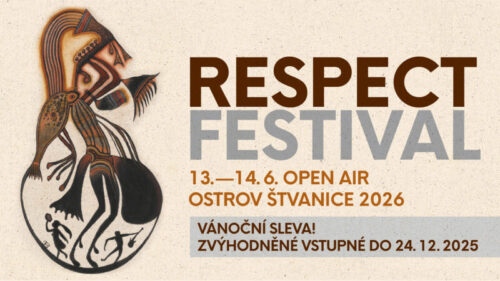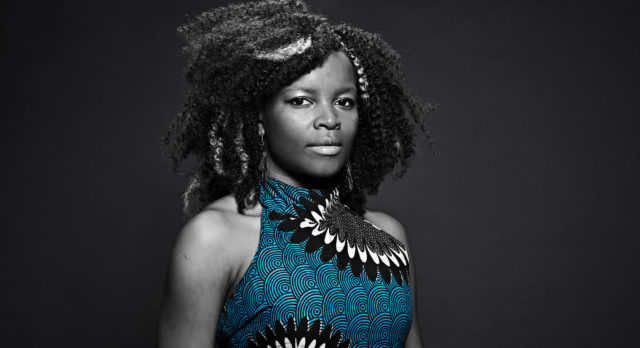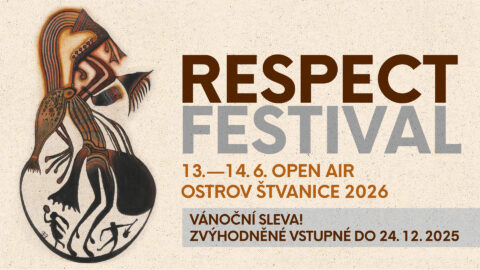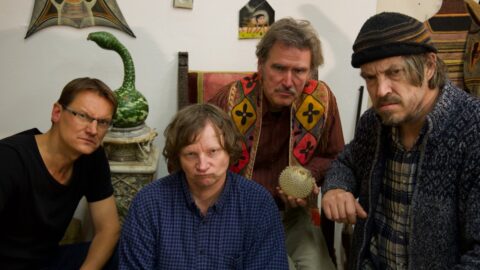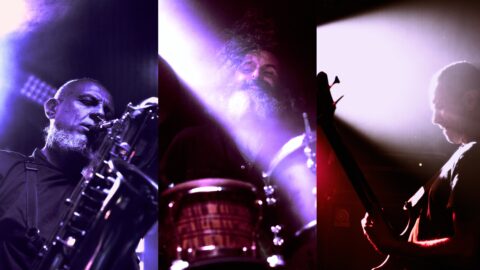That was the sort of music anyone could hear her singing, but also the music she felt entitled to. Even though her native country’s sounds, from Mozambique, were very much alive inside her, her musical upbringing in Portugal seemed to push her in a totally different direction. It was as if all the layers she had accumulated in her adoptive country covered her deep roots, making them inaudible, almost forbidden and unattainable. It was not a matter of betraying or denying her past, but rather an impossibility of projecting a future on the top of those roots.
Selma Uamusse’s debut album is somewhat of a dive into the unknown. It documents a young woman’s search for her African and Mozambican nature, still unsure of the paths to follow, but certain there is no artistic glory exploring the same old roads she already knows by heart. So the plan really demanded that Selma would take off to Mozambique in order for her to recognize herself in the music that sprouted in her home country. While on that field trip it also became clear the intense way her body reacted to the country’s traditional music, which lead Selma to the conclusion that even though she could not honestly be a part of that tradition she could still create her own personal approach to those autochthonous sounds. That is why Selma Uamusse sounds like she is exploding genres – she belongs both to several places at once and no place at all.
However incomplete that relationship with Mozambique might be, it was already a relevant part of Selma’s truth. She then began singing [Mozambican dialects] changana and chope lyrics, welcomed traditional instruments such as timbila and mbira, and built a new sound that does not fall in the trap of imitating the typical sounds from Mozambique. “Lirhandzo”, for instance, follows on the footsteps of Portuguese legendary singer-songwriter José Afonso’s Mozambican-tinged songs only to end up as a monumental blissful soul tune; ”Baila Maria” takes on a distinctively Mozambican sound exploration but then travels to other African musical capitals, closer to Senegal and Nigeria; “Quiet” could easily be mistaken for an African leaning of a spoken word artist like Ursula Rucker that quickly turns into a song we would not be surprised to find in a Sade or Neneh Cherry album; “Funkier” would not be a stranger to a Konono no1 record even if it ends up fuelled by a pulsating soul music that does not drop far from Selma’s previous rock’n’soul band Wraygunn. The references keep sprouting. All of these and then some, so many that it would be tiring to name them all and at the end of the day they would just sum up to equal the private world of Selma Uamusse.
There is an obvious musical encounter of Selma Uamusse with Mozambique in her debut album. But there is also another crucial alignment with Africa at a spiritual level. That’s why it’s no hard task to pinpoint the frequent references to God in the album’s lyrics and love keeps creeping in with each verse (a universal love rather than a romantic love), while death is also looked in the eye and sang in such a fearless way (“Mónica” is a goodbye letter to one of her close friends). The shady temptations that are part of every path also make an appearance and try to uneven the balance while Selma makes her voice heard when she fires away against social inequalities
(“Funkier”). This means Selma Uamusse’s record presents itself also as a searching tool for harmony with the world around us – and that implies not only accepting and looking for a positive outlook in everything that lacks beauty in our daily lives, but also summoning up a critical speech that claims for social transformation.
Produced by the precious and wise hands of Jori Collignon (from Skip & Die), Selma Uamusse’s first solo recoding can be heard as two simultaneous journeys happening at once – a geographical one to Mozambique, where she feeds herself from local sounds and addresses her identity issues; and an inner one, drawing a spiritual map that unfolds itself and gets under our skin. Every second of the way these songs hypnotize us, have us trapped between past and future, as they belong in equal parts to the ancestral and to the groundbreaking, and create a music that shall remain nameless. Or maybe it doesn’t have to be like that. Maybe we can just call it Selma Uamusse.
Support
